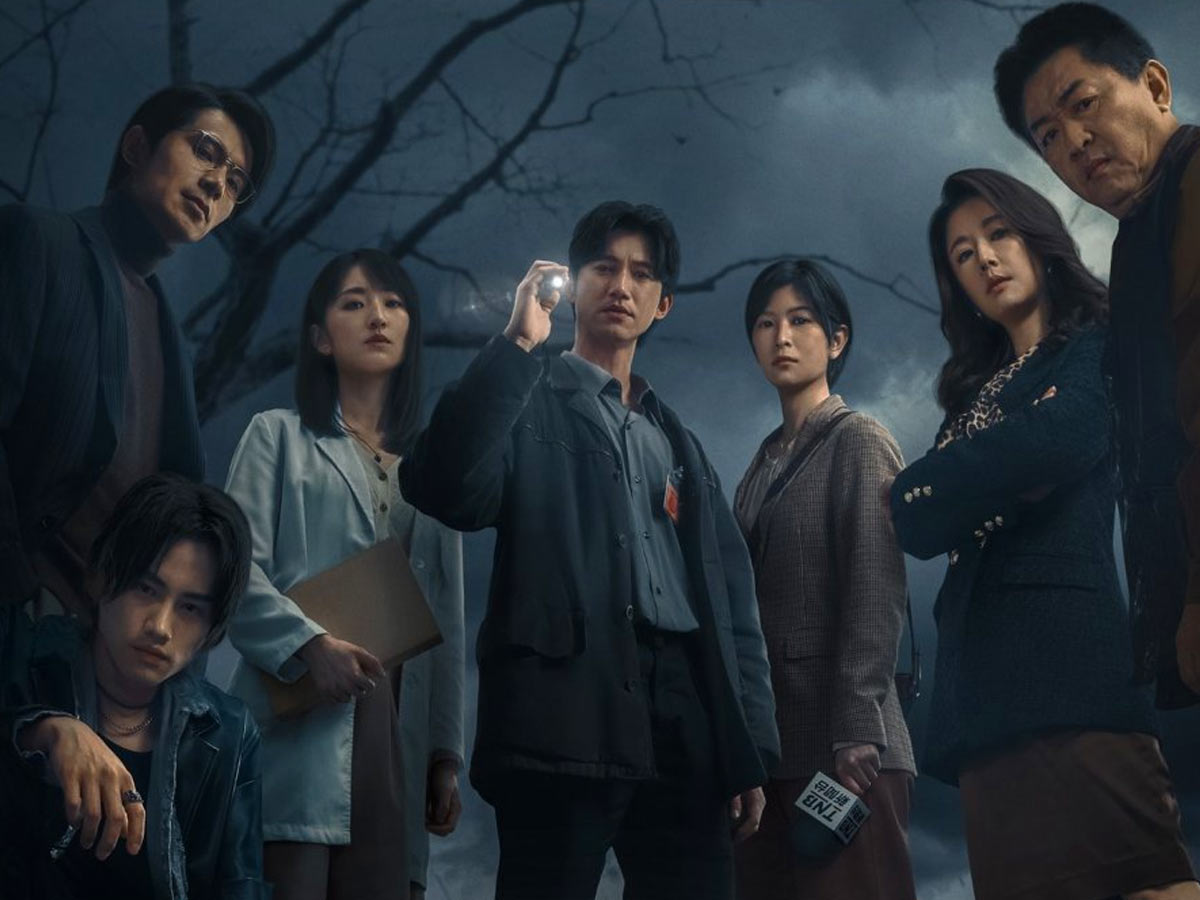Mo Ho Han (The Copycat Killer), Henri Chang, and Jung-chi Chang’s Taiwanese translation of Miyuki Miyabe‘s criminal mystery novel turn out to be a winner in more ways than one.
There’s a lot crammed into this ten-episode first season: suspense and intrigue, the slow build of tension, the twisted motivations of a psychotic killer, the reach and limitations of the legal process, journalistic ethics, and the total emotional toll of the actors involved. Kang Ren Wu’s captivating primary performance as Prosecutor Hsiao-Chi Kuo captures the imagination first and foremost. His faith in the long arm of the law is unquestionable. What he lacks in his personal life, he more than compensates for in his professional news. Unyielding, idealistic, and obsessed with the facts to reach a fair verdict, he leaves no stone unturned when it comes to due procedure and thoroughness.
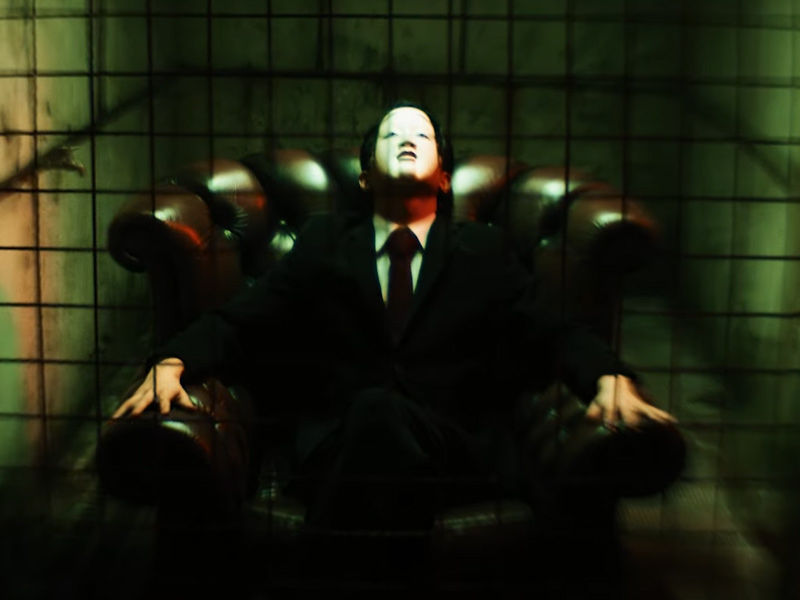
This demanding standard extends to his coworkers as well as himself. Despite his incorruptible and unbiased character, his unending search for justice is more personal than one may assume. What makes the character sympathetic is that he is sensitive; he cares, despite the system’s determination to exclude individuals like him.
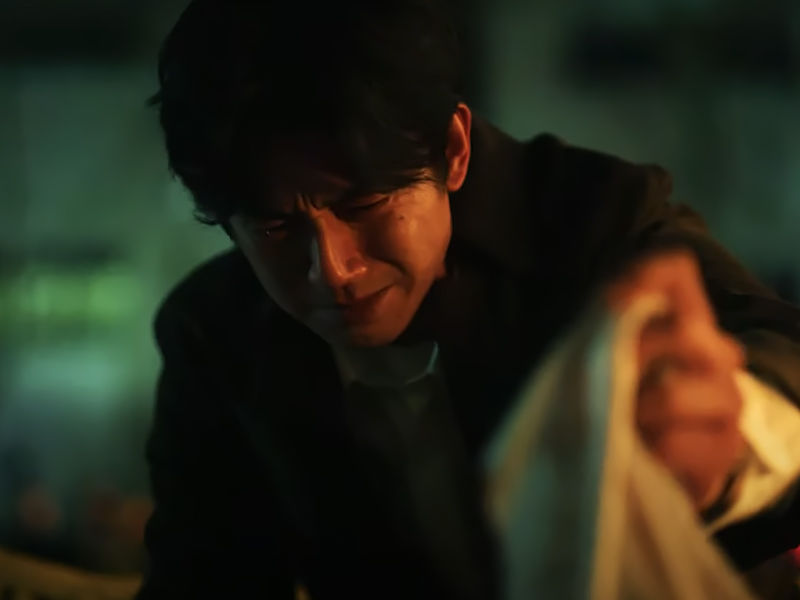
When a woman’s severed hand is discovered in a public park, patterns emerge that connect the murder to a case closed a few years before. A tenacious young reporter for a well-known television network is captivated by the subject right away. Her motivations are both personal and professional. In the meantime, another young woman goes missing with no trace. Her grandfather, who is in his eighties, is left to pick up the pieces.
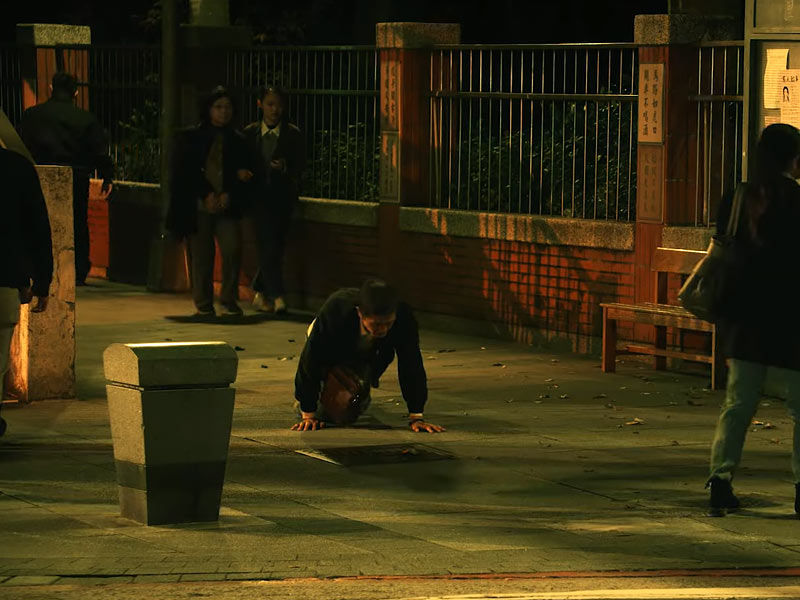
The inquiry is entrusted to a retired detective with decades of expertise. Prosecutor Kuo arrives on the scene and orders the cops to execute their job properly. Thumb cuffs that succeeded in dislocating the victims’ thumbs, a dance club frequented by the ladies, and a famous news station with strong viewership are among the bizarre similarities between the two instances. Kuo was taught that there are no coincidences in his area of business. Kuo discovers several flaws in the man’s statement when visiting the killer who submitted himself in the first instance. Is this a copycat crime, or is a serial killer still on the loose?
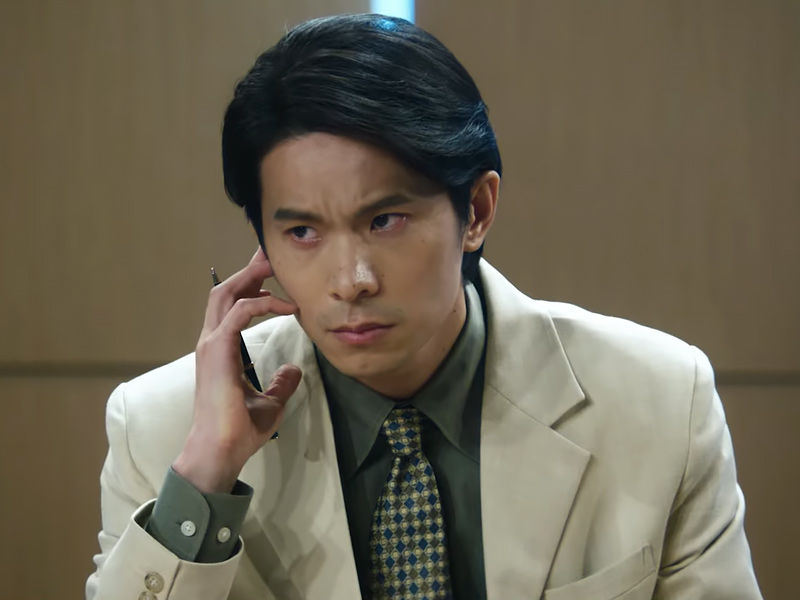
In addition to intriguing storytelling, Copycat Killer delves into territory that similar programs in the genre seldom explore. That is the emotional toll terrible crimes take on law enforcement personnel.
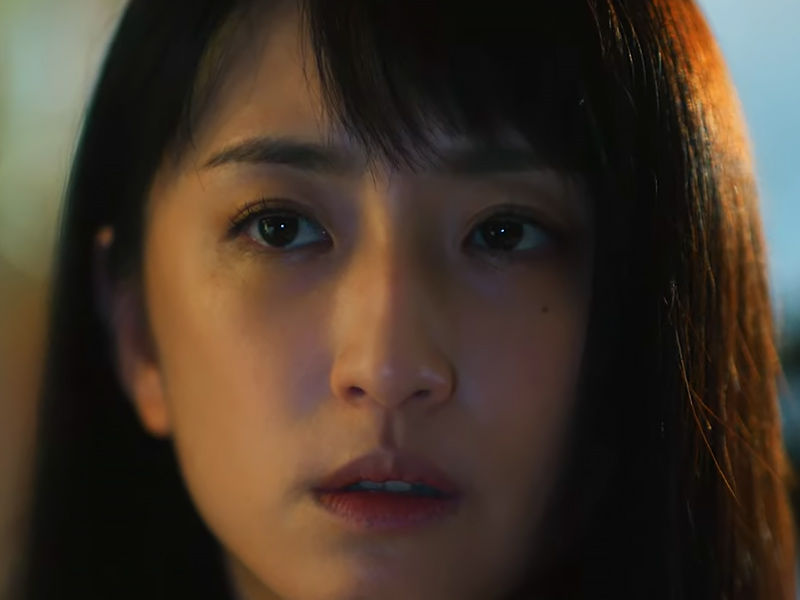
The difficult emotional labor of dealing with violence objectively without becoming overwhelmed by it cannot be underestimated. Copycat Killer excels at delving into this topic. The attitudes of Kuo and senior officer Shang-Yong Lin (Tsung-Hua Tou) to the killer’s cat-and-mouse game are starkly different. When it comes to confrontation, be prepared for some curveballs to be thrown your way. Nobody is immune to suspicion, and it’s difficult to foresee what will happen next.
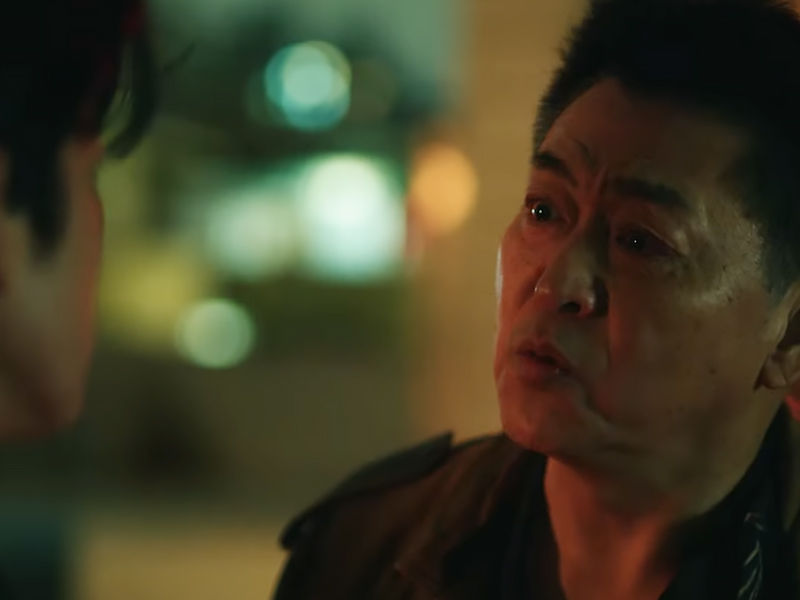
Copycat Killer is about individual character arcs (and each character’s relationship to the case) as much as it is about the killings themselves. Whether it’s the prosecutor’s violent childhood memories, journalist Yen-Jhen Lu’s (Cammy Chiang) quest to clear her murdered friend’s name, Shang-Yong Lin’s fractured relationship with his absentee daughter, or TV presenter Ya-Cih Yao’s (Ruby Lin) obsession with news ratings and viewership, it all adds up to tell a compelling dramatic mystery tale. Judiciary and journalistic ethics play an important role in the plot, prompting the viewer with essential issues.
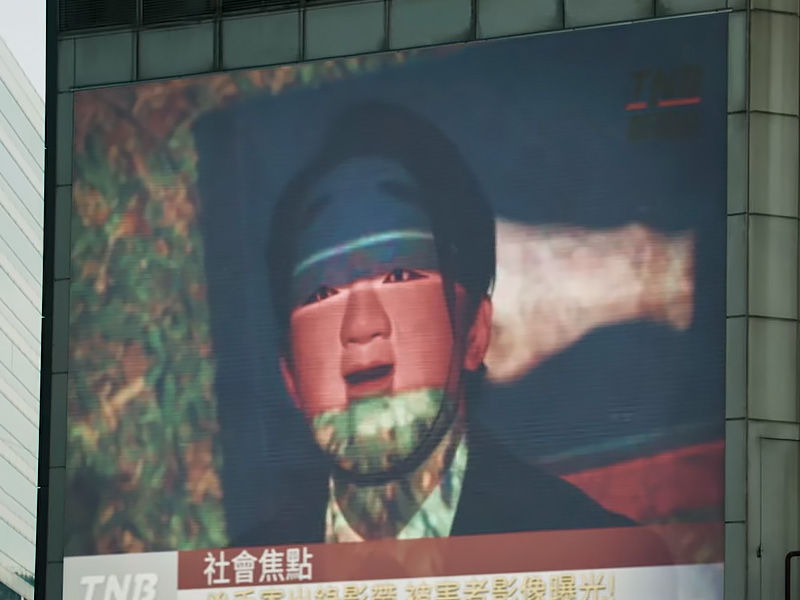
If there was a valid objection here, it would be lengthy. With 10 episodes totaling about ten and a half hours, one may argue that the plot could have been concluded sooner (seven or eight parts, ideally). The over-reliance on emotions at the conclusion carries the story past the cut-off point. In terms of script, direction, and acting, Copycat Killer comes out on top. Tsung-Hua Tou, Cammy Chiang, and Chia-Yen Ko provide genuine and relatable support to Kang Ren Wu’s principal part. Ruby Lin’s acting ability should have been better utilized throughout the episodes. She drifts in and out of the plot when appropriate, but her talent isn’t given the screen time it deserves.
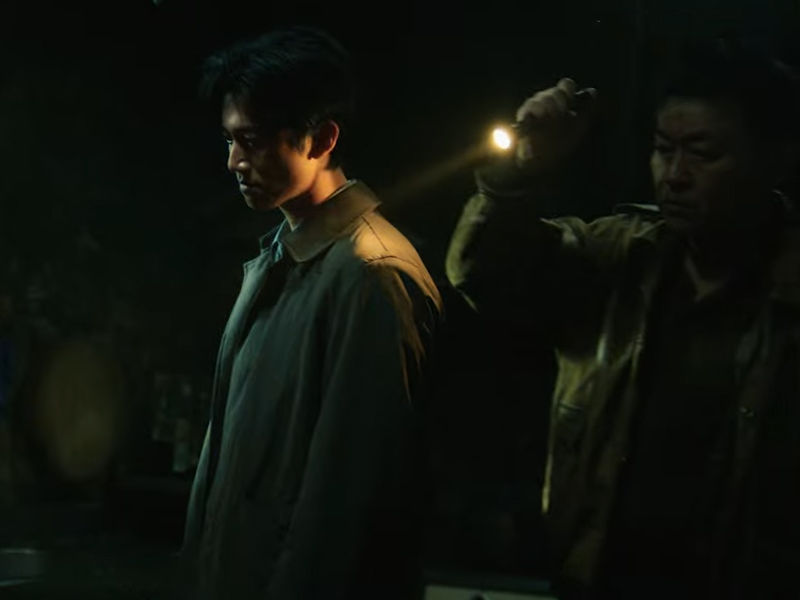
Also, Read Faraaz Directed By Hansal Mehta, Adds Complexity And Satire To Its Depiction Of Terror
Overall, this complicated program merits your complete attention since it offers light on the foundations of violence, obsession, ethical quandaries and justice, attention-seeking behavior, emotional upheaval, and the necessity of truth. The creators should be applauded for offering an unusual series in what has now become a standard genre.





















